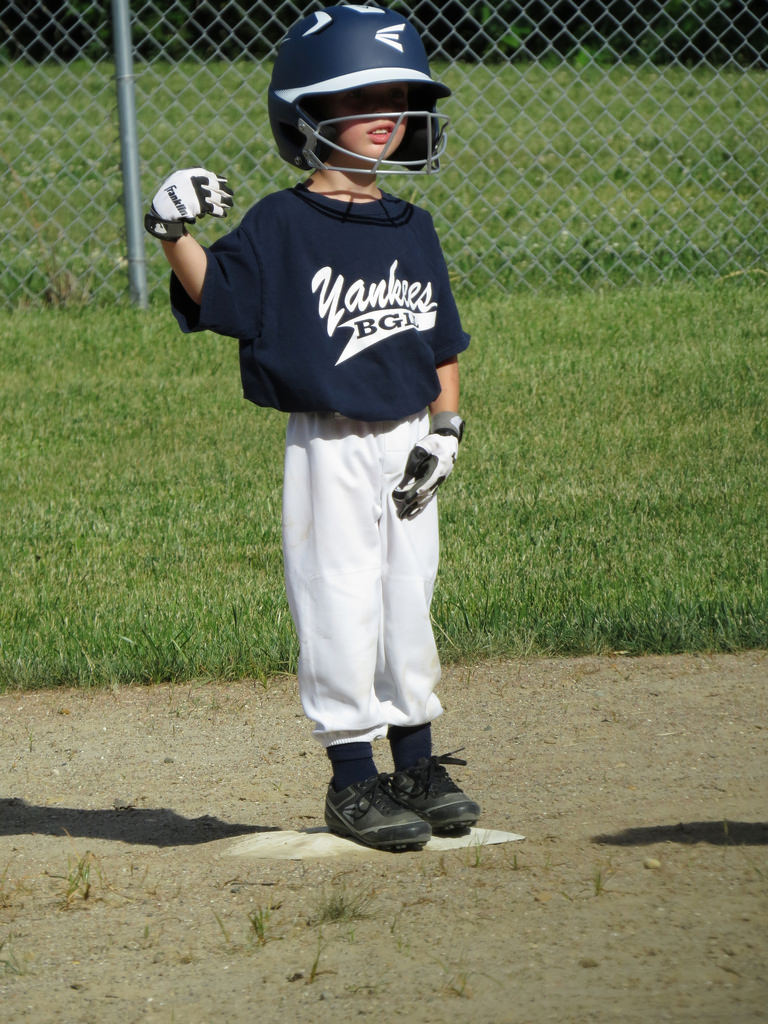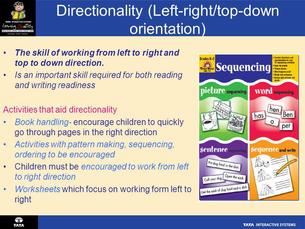SPECIFIC LEARNING DIFFICULTIES
READING/ LANGUAGE
CHALLENGES PARENTS & EDUCATORS MAY FACE
You might encounter some of these difficulties like teaching your child to recognize the ABCs,
difficulty blending sounds, trouble reading, child does not seem to be listening,
or seems frustrated to even want to try.
Some can even read or spell beyond their age, but yet find it hard to understand a passage.
It may be quite challenging to observe the fine distinction of an error versus a careless mistake.
Children can experience difficulty to explain how they feel about the situation.
These can lead to poor self-confidence and low self-esteem.
These can in turn create emotional problems and affect learning.
Below are some guidance to hidden challenges, so that educators and caretakers can be aware about,
and learn to spot them easier. Tips will focus on positive strategies that can give intrinsic motivation
for challenging learners to be resilient.
difficulty blending sounds, trouble reading, child does not seem to be listening,
or seems frustrated to even want to try.
Some can even read or spell beyond their age, but yet find it hard to understand a passage.
It may be quite challenging to observe the fine distinction of an error versus a careless mistake.
Children can experience difficulty to explain how they feel about the situation.
These can lead to poor self-confidence and low self-esteem.
These can in turn create emotional problems and affect learning.
Below are some guidance to hidden challenges, so that educators and caretakers can be aware about,
and learn to spot them easier. Tips will focus on positive strategies that can give intrinsic motivation
for challenging learners to be resilient.




